There are countless ways in which music can benefit your physical and mental health. Studies have shown that it can help to reduce blood pressure, improve your mood, and even weaken the effects of anxiety.
Creating music, on the other hand, has a different set of benefits and risks.
Music production taps into the creative side of your brain, releasing dopamine and helping to improve your mood and reduce your stress.
However, there are some potential drawbacks involved in music production, too — from straining your eyes staring at a computer for too long to dealing with writer’s block. Let’s take a closer look at how music production affects your physical and mental health, and how you can mitigate some of the “negative” sides of it to reap the rewards.
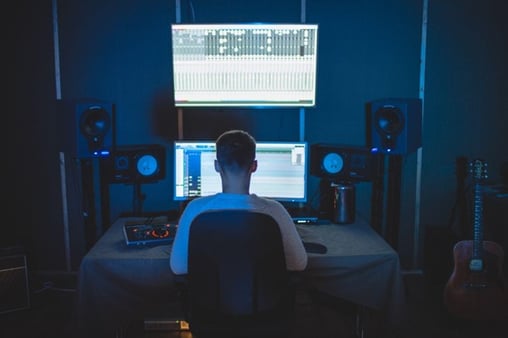
The Positive Health Effects of Music Production
There’s a difference between listening to music and being an active participant. Creating music has been shown to have a variety of benefits, including:
Improved brain function;
Better speech processing;
Improved memory;
Greater empathy for others.
Music composition has also been known to alleviate stress. Some studies have shown that people who play an instrument have a thicker brain cortex in the areas responsible for emotion regulation, and those same people have a greater attention span — something that’s necessary when you’re trying to fine-tune a new song!
Producing your own music can also instill healthier habits in your life. If you’re a songwriter, for example, you can learn to build your self-confidence and develop a greater sense of trust in yourself by writing every day. Music can serve as a motivational tool, an inspiration to your creative side, and a way to relax and find your “happy place”.
Of course, all of these mental health benefits give your physical well-being a boost, too. The less stressed you are, the lower your risk is for things like high blood pressure and stroke. You’ll feel better, have more energy, and won’t struggle as much with any physical symptoms associated with mental health conditions.
The Potential Risks
There’s no limit to how much time you should spend producing music each day. Some people can “burn out” faster than others, while some can spend hours creating a new piece without any negative repercussions.
What’s important is that you understand the potential risks of music production when it falls into the “too much of a good thing” category.
If you’re producing music for yourself or others, you’re probably using a computer with some type of editing software. Editing a single song can take hours, or even days depending on how many tracks and layers you’re working with. Unfortunately, sitting at your computer all day can cause a variety of issues, including:
Eye strain;
Headaches;
Slower metabolism;
Poor posture;
Chronic pain.
It can also contribute to social isolation, which often deteriorates mental health.
Even if you’re writing a song or playing an instrument, too much of it can contribute to writer’s block, burnout, and stress. You might even start to struggle with your self-esteem when you’re feeling stuck, and develop imposter syndrome if you start to think you aren’t good enough to be making music.

How To Find a Flow That Works
To negate these negative side effects of music production, it’s important to find a balance — a flow that works for you without compromising your well-being.
First, find a flow that puts self-care and a healthy work-life balance at the forefront. Keep things organized, understand your gear, and avoid fatigue by giving yourself plenty of breaks. If you’re already feeling somewhat burnt out or you’re struggling to find the motivation to keep working, spend some time away from your efforts. Get out of the house and head somewhere new. It can spark creativity and clear your head.
You can also self-motivate by rewarding yourself for reaching small goals. That could include working for a specific number of hours each day, or finishing a verse or chorus. By being realistic with your goals and rewarding yourself appropriately, you’ll be more likely to keep moving forward.
Finally, don’t ignore your mental health. Even if you’re not burnt out on music creation, it shouldn’t be the sole solution or management tool you’re using to battle stress, anxiety, or depression. Not only will those conditions stifle your creativity, but they could end up making you resent the music you’re producing and the time you’re putting into it.
Instead, lean on your support system, or seek out help from a mental health professional who can get to the bottom of your struggles and help you discover the best management techniques.
Music production can be great for your physical and mental health. However, don’t let it start to consume all of your time, energy, and effort. By striking a healthy balance, you’ll stay inspired and healthy. More than anything, though, you’ll enjoy the work you’re doing rather than feeling burnt out by it.













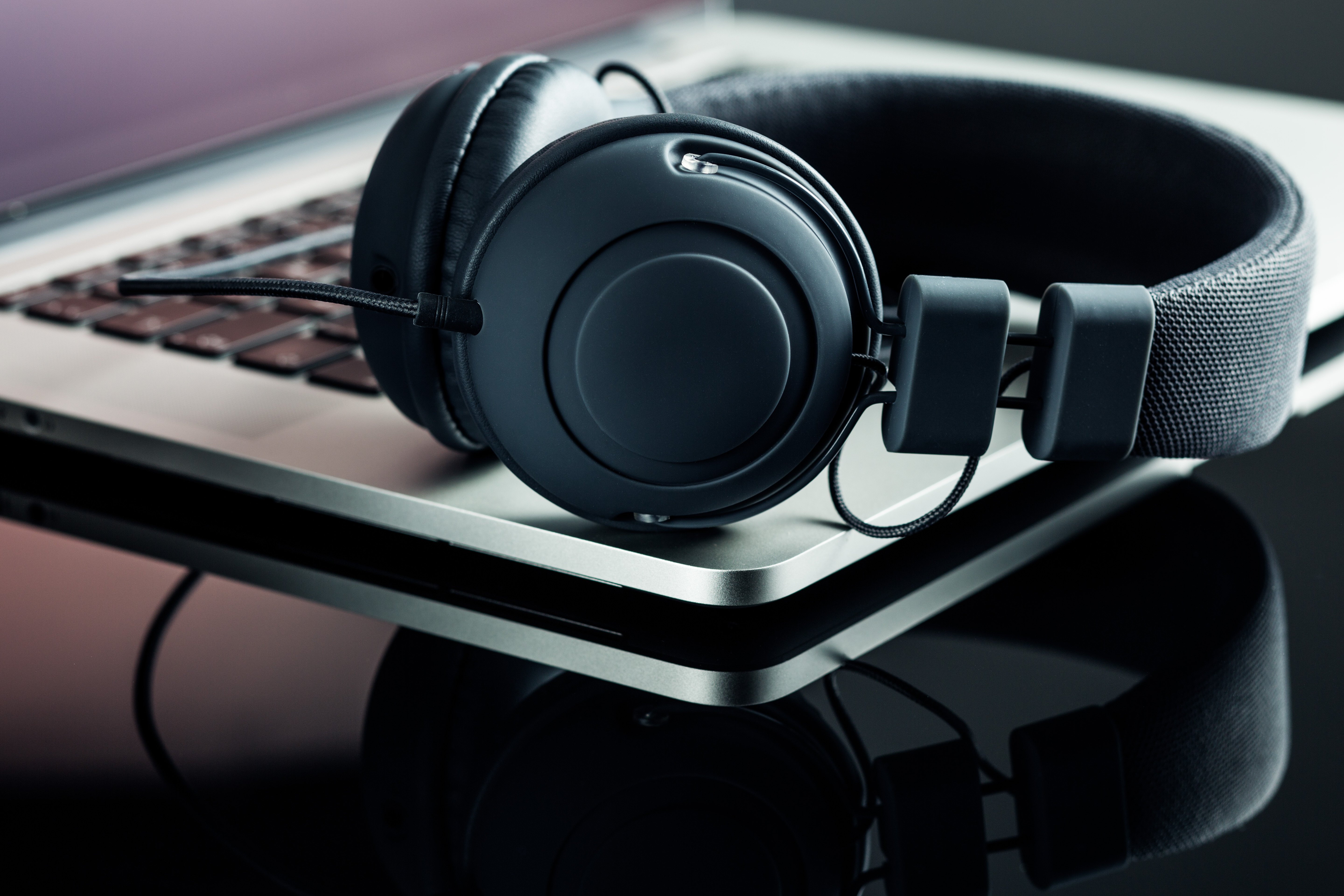
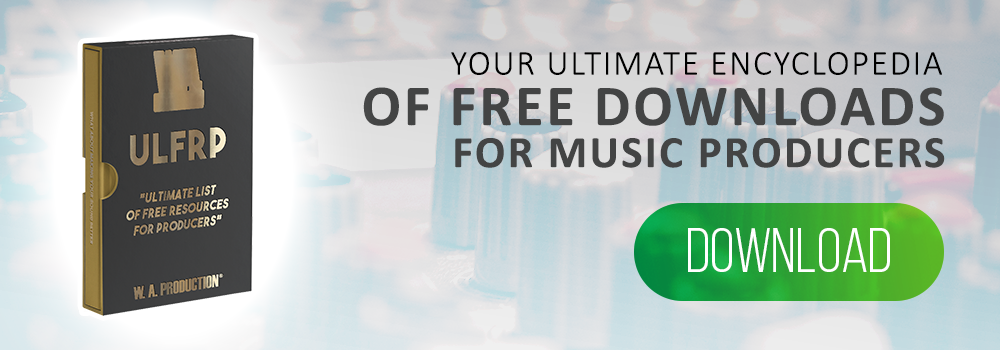
_Cropped.png?width=1600&name=02%20(2)_Cropped.png)




















Your Comments :